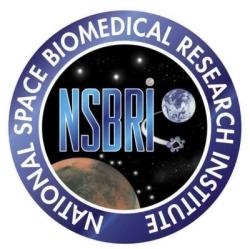Mon, Apr 01, 2013
Advertisement
More News
 Aero-News: Quote of the Day (10.27.25)
Aero-News: Quote of the Day (10.27.25)
“In recent years, park officials have observed a rise in illegal drone activity, which they attribute to the increasing affordability and availability of consumer drones. In >[...]
 ANN's Daily Aero-Linx (10.27.25)
ANN's Daily Aero-Linx (10.27.25)
Aero Linx: Aeronautical Repair Station Association (ARSA) ARSA is devoted to the worldwide civil aviation maintenance industry—from its global corporations to the small, inde>[...]
 NTSB Prelim: Lancair 320
NTSB Prelim: Lancair 320
During Cruise Flight At 4,500 Ft, The Engine Stopped Producing Power Without Any Warning On October 4, 2025, about 2130 central daylight time, a Lancair 320 airplane, N431M, was de>[...]
 Airborne Programming Continues Serving SportAv With 'Airborne-Affordable Flyers'
Airborne Programming Continues Serving SportAv With 'Airborne-Affordable Flyers'
With The eSPRG Only Weeks Away From Its Start Date, A-AF Will Help To Support Sport Flyers, Worldwide With the all-new and all-digital SportPlane Resource Guide getting ready for p>[...]
 Airborne-Flight Training 10.23.25: PanAm Back?, Spirit Cuts, Affordable Expo
Airborne-Flight Training 10.23.25: PanAm Back?, Spirit Cuts, Affordable Expo
Also: USAF Pilots, Advanced Aircrew Academy, ATC Hiring, Hop-A-Jet Sues Pan American is attempting a comeback. Aviation merchant bank AVi8 Air Capital, alongside Pan American Globa>[...]
blog comments powered by Disqus





